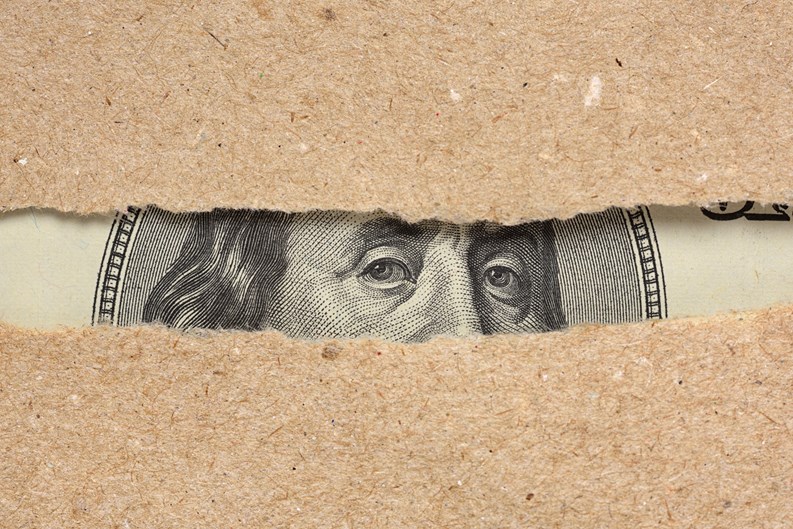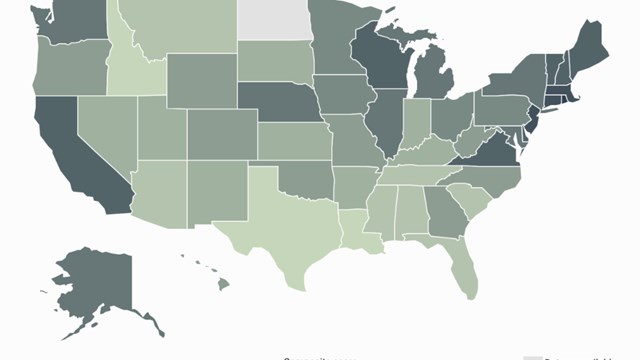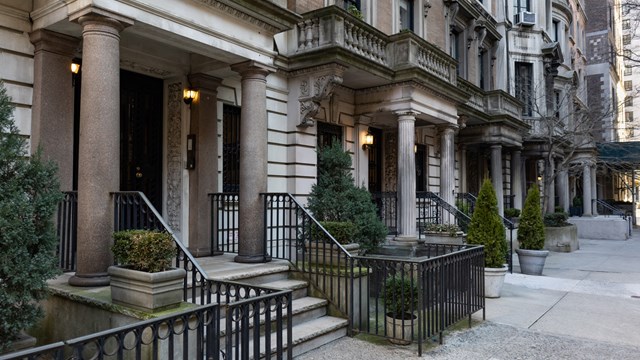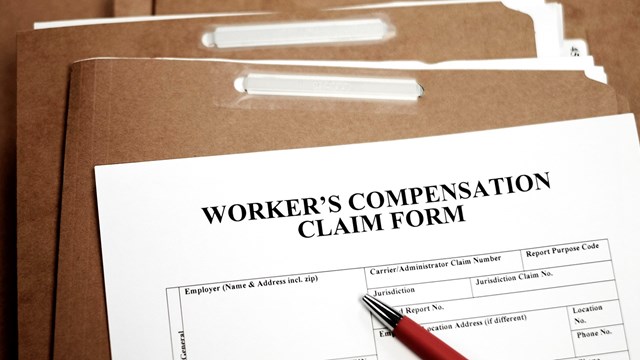Q. In this time of economic uncertainty and depressed Manhattan co-op sales, sellers have been willing to accept bids way lower than a board would allow. If a seller and buyer agree to enter into a contract of sale for an acceptable (to the board) selling price above the actual price, while at the same time contractually agree to reimburse the buyer the difference between the actual sale price and the false price, what ramifications are there? Are taxes paid by the seller on the false selling price? How do taxing authorities view this sale and side contract? How does the board list it? What are the brokers’ commissions based on? Who pays the flip tax, and on which amount would that tax be based?
—Asking for a Friend
A. “Such ‘sale price and offsetting credit’ arrangements are not uncommon,” says attorney Aaron Shmulewitz of New York law firm Belkin Burden Goldman, LLP, “especially in times like these that sometimes produce lower resale prices than desired. Having said that, there is a difference between effecting such a transaction with full disclosure (i.e., the purchase agreement reflects the higher price as well as the offsetting closing credit), and without (i.e., the purchase agreement reflects only the higher price, but the parties arrange separately and secretly for the offset to be effected surreptitiously).
“In the former case, the board and any incoming lender are fully apprised that the actual sale proceeds will be lower than the stated purchase price, so that no party can claim that it was defrauded by the arrangement. This is especially important with regard to an incoming lender, that it not be ‘tricked’ into loaning more money than would be warranted under its usual loan-to-value analysis. Doing such a transaction without such full disclosure could run the risk of the bank claiming that it was defrauded into making a larger loan than it should have.
“In any such transaction, the transfer taxes, flip tax, and brokerage commissions should all be based on the higher price figure, and the board and brokers can list the higher price figure in their schedules of comps.”










Leave a Comment